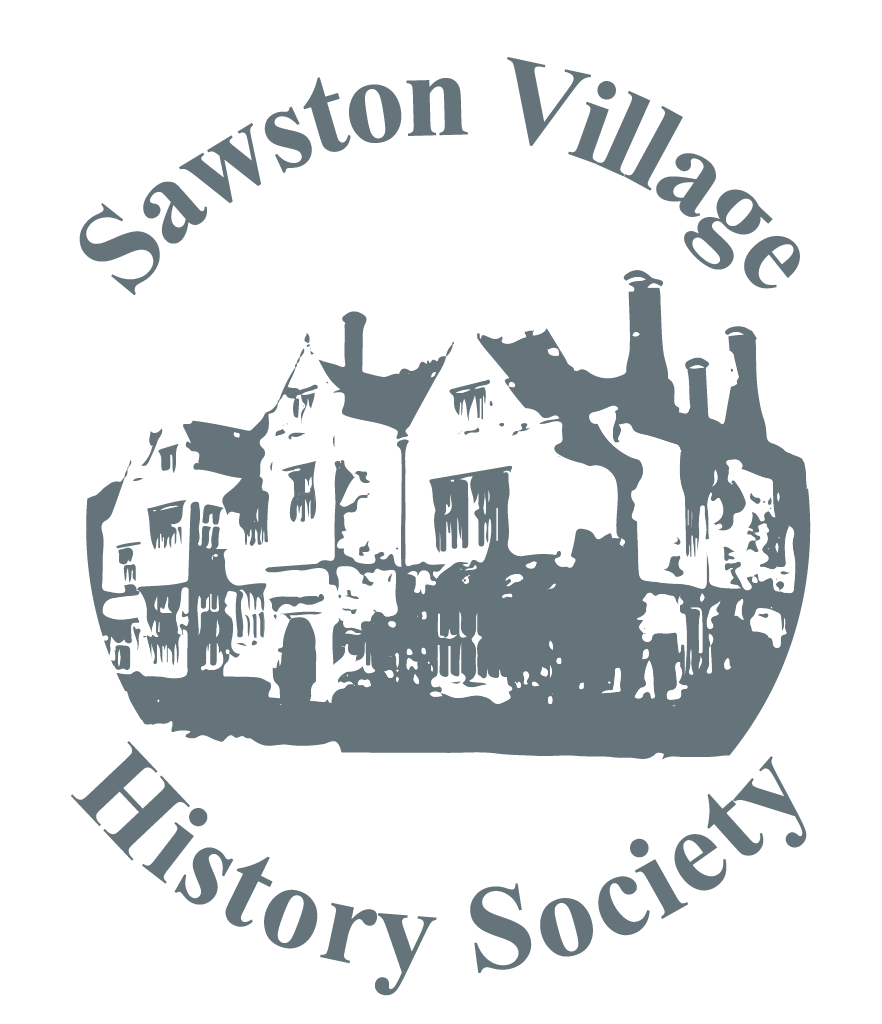
The speaker at the October meeting was Freya Hatter whose subject was the History of the British Antarctic Survey, which has its headquarters on Madingley Road in Cambridge and for which she works.
British interest in the Antarctic began with the exploration of Captain Cook who crossed the Antarctic Circle in 1775 and discovered South Georgia. Further exploration followed with James Weddell in 1823 travelling further south than any previous explorer and James Clark Ross discovering the Ross Sea and Ross Ice Shelf in his voyage of 1839-1841.
The so-called Heroic Age of Antarctic exploration followed with the expeditions of Scott and Shackleton in Discovery in 1901-1904 which reached McMurdo Sound and of Shackleton in 1907-1909 who came within 100 miles of the South Pole. The well-known, and ultimately disastrous, attempt of Scott to reach the Pole took place in 1910-1913. Shackleton’s famous expedition of 1914-1917 was marked by the first crossing of Antarctica and the crushing of the Endurance in the ice but the amazing survival of all the crew. Recent underwater photographs have revealed that Endurance is remarkably well preserved on the sea bed. Shackleton died in 1922 from a heart attack on a further expedition.
In World War II a secret British mission set up four bases in Antarctica to prevent enemy use of the Antarctic waters and to collect data on the biology, geology and weather in the region and this became the Falkland Islands Dependencies Survey. Port Lockroy is the only base surviving from this period. In 1962 the Survey was re-named as the British Antarctic Survey and in 1967 responsibility for the Survey was transferred from the Colonial Office to The National Environmental Research Council.
The BAS operates four research stations all the year round and one in the summer. These are Rothera, focusing on biological research, Halley VI, Signy and on South Georgia, Bird Island and King Edward Point which focuses on applied fisheries research. The latter also have a strategic purpose since the Falklands War, in that the continued presence of administrators and research staff is a deterrent to Argentina.
Freya went on to describe her role as an administrative and logistics assistant, in a zoological post tracking penguins and on the winter krill project.
Mary Dicken